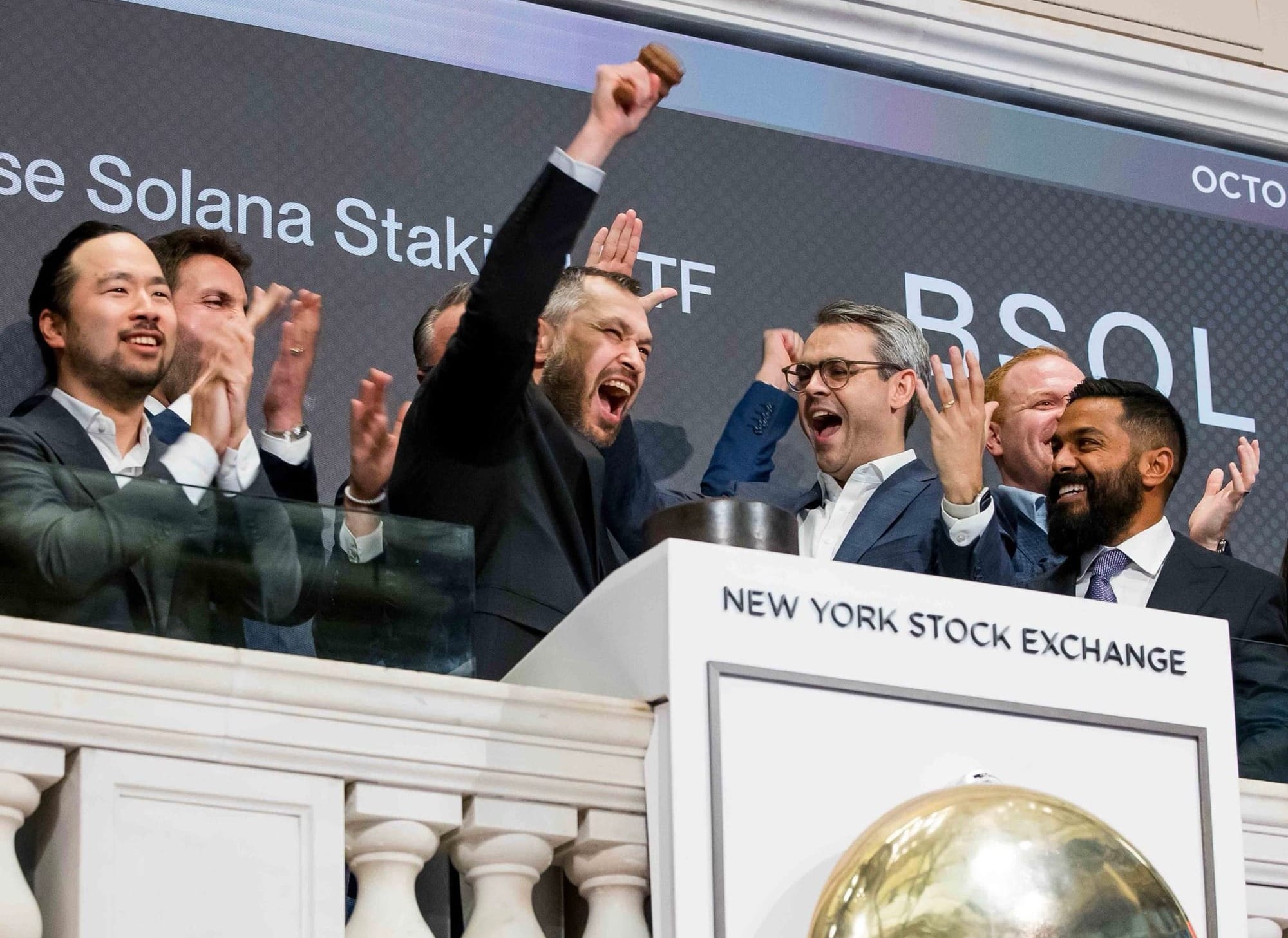Volkswagen posted a €1.3 billion ($1.52 billion) operating loss in Q3 due to Porsche’s EV strategy reversal and U.S. tariffs
Volkswagen just reported a €1.3 billion operating loss (that’s $1.52 billion gone) in the third quarter of 2025. And that, ladies and gentlemen, is the real cost of two punches: Porsche’s failed EV gamble and Donald Trump’s tariffs still hammering the company like it’s 2019 all over again.
According to Volkswagen’s earnings report, €4.7 billion in charges have already been booked this year because Porsche flipped its electric strategy upside down. Instead of pushing EVs, Porsche is going back to combustion engines and hybrids.
That decision blew a crater into the group’s financials. On top of that, the company says it could take another €5 billion hit from U.S. import tariffs by the end of the year.
CFO Arno Antlitz didn’t sugarcoat it. “Those effects will continue to persist – and that is why we must rigorously implement the performance programs in place, push forward efficiency measures, and develop new approaches,” Arno said.
Arno called the company’s current state a “mixed picture,” mentioning that EV sales in Europe are still going strong and that some internal restructuring has helped. But the reality is that the move to electric is squeezing margins dry.
Volkswagen’s loss was ugly, but still better than expected. Analysts surveyed by Visible Alpha had forecast a deeper €1.7 billion loss, so technically the company did “better than feared.” Investors didn’t seem too shaken, though, as Volkswagen’s stock actually went up by 1.2% in early Frankfurt trading.
Porsche pulls back on EVs, burns €4.7 billion
Porsche, which is 75.4% owned by Volkswagen, dragged the whole group down this quarter. Its sudden decision to delay electric car production and switch focus to hybrids and combustion models was expensive… €4.7 billion expensive.
The idea is to win back buyers who aren’t quite ready to go full electric yet. But that decision came with a price.
The man overseeing both brands, Oliver Blume, is stepping back from Porsche to focus on Volkswagen alone. Oliver, who holds CEO titles at both companies, will hand off Porsche leadership at the end of the year.
This comes after growing pressure from investors who questioned whether one man could steer two ships during a storm like this.
Volkswagen didn’t ditch its full-year forecast, but there’s a catch. The company said its guidance is based on chip availability; a risky assumption. The trade spat around Dutch chipmaker Nexperia could easily spill into production delays if it escalates.
Volkswagen already lowered its expectations earlier this month, now targeting just 2% to 3% return on sales, and breaking even on net automotive cash flow.
Trump’s tariffs cost billions, hit U.S. deliveries
Let’s not pretend this is all on Porsche. Trump’s tariffs are still hitting hard. Last year, Volkswagen earned €21.7 billion (about $25.10 billion) in operating income. This year, that figure could be down $5.8 billion, or about 23% wiped out, because of tariffs alone.
In Q2, tariff costs hit $1.52 billion, and even though the EU–U.S. trade deal lowered tariffs to 15% in August, Mexican-built vehicles like the Tiguan still face a massive 27.5% import tax. And yeah, Volkswagen builds a lot of cars in Mexico.
Volkswagen said U.S. deliveries dropped 8% in the first nine months of the year. Overall global deliveries were up 1%, but that U.S. number stings.
The company still makes about 200,000 vehicles in the U.S., but it also imports 240,000 from Germany and 287,000 from Mexico.
That math right there? That’s a logistics nightmare. Especially when your best-seller, the Tiguan, is built in Puebla, Mexico, and slammed with high tariffs every time it crosses the border.
To deal with the pain, Volkswagen is now talking with the U.S. government about expanding production in America. One option on the table? Building an Audi plant in the U.S. Nothing’s finalized, but the discussions are happening. And they’re happening fast.
Don’t just read crypto news. Understand it. Subscribe to our newsletter. It's free.
You May Also Like

Billionaire Ricardo Salinas: "It's Still Early for Bitcoin" - Calls BTC "The Ultimate Hard Asset"

Bitwise Solana Staking ETF Records $72 Million Second-Day Volume
